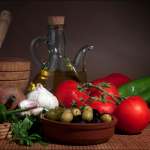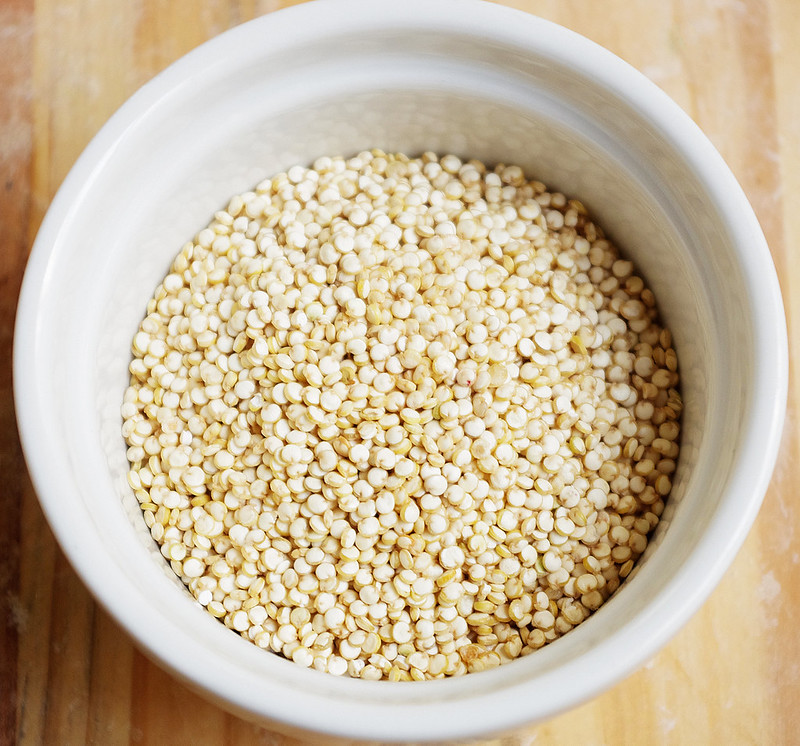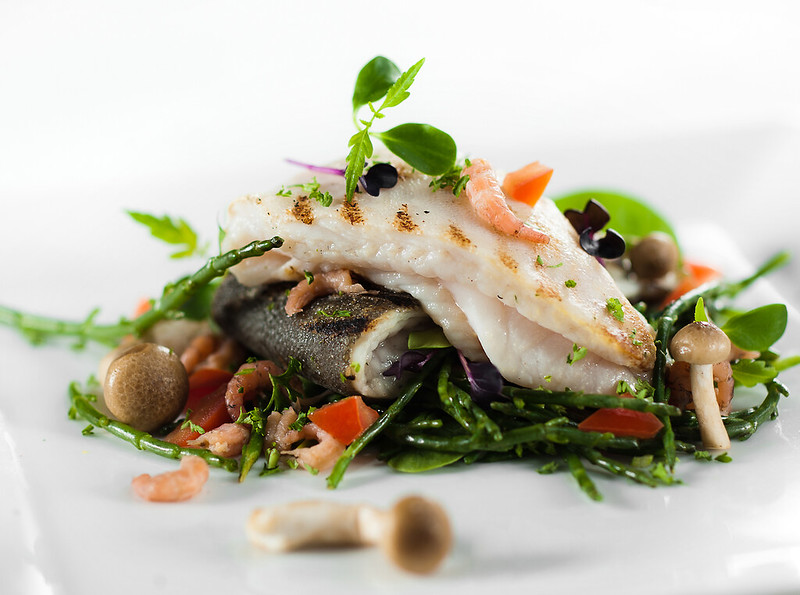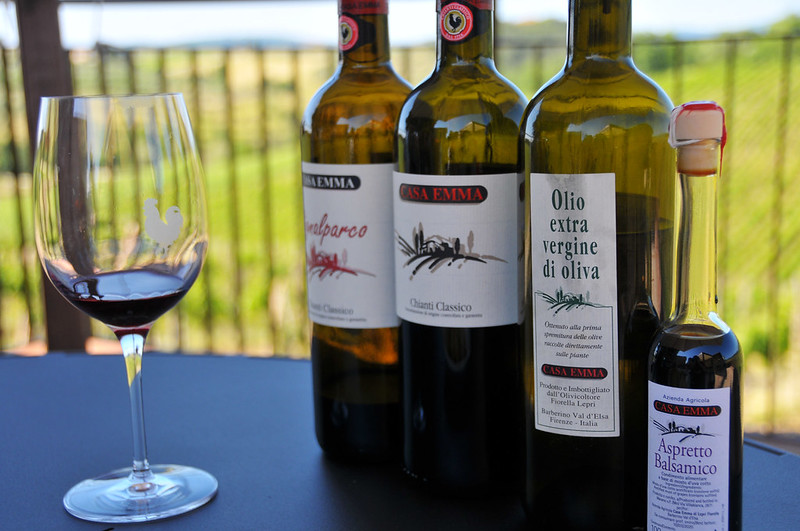Mediterranean Diet: The What, The Why, And The How

What better way to feel like you're vacationing in a charming village on the coast of Italy than by indulging in some wonderful, Mediterranean-inspired food? For ages peoples living in Greece, Italy, and the Middle East have enjoyed some of the best bounty the region has to offer, with diets primarily based on veggies, fruits, and other plant foods (like cereals, seeds, nuts and legumes). Eggs and dairy products are less common, and fish is preferred over red meats.
I know what it seems like—there's always some crazy new diet that claims to be the next best thing to happen to the average diner. In a period where we increasingly depend on outside authorities to decide what we should put on our plates, how do we weed out the good advice? Is the "Med" diet just a fad, or is it actually worth something?
A ton of studies show that the MD, which is low in saturated and trans fats (the solid and artificial kinds that clog your arteries) and high in fiber and essential nutrients, reduces the risk of high blood pressure, stroke, heart attack, obesity and diabetes. Instead it promotes heart health, weight control, and might even be associated with cancer prevention.
And when it comes down to it, one of the most appealing parts of the Mediterranean Diet is that it is more like a set of guidelines than some tedious rules you don't want to follow. So do your body some good, support your local vegetable and fruit producers, and live it up dolce vita style.
Here are ways to include some Mediterranean sun into your eating habits:
Make plant foods the star of your meals. If eating seasonally, you won't come across the sun-ripened tomatoes that make you dream of those warm months, but options like squash, kale, or Brussels sprouts will do just fine.
Load up on whole grains like quinoa or couscous for a boost of system-regulating fiber.
Get your protein from beans, nuts and fish instead of meats. You'll cut out artery-clogging fats and replace them with good fats, fiber, vitamins, and omega-3 fatty acids that increase blood flow.
Don't forget to drizzle as much olive oil—well, maybe not the whole bottle—on your plate as your heart desires (it will thank you). Complete your meal with a glass of antioxidant-rich wine, and you're solid.
The post Mediterranean Diet: The what, the why, and the how originally appeared on Spoon University. Please visit Spoon University to see more posts like this one.




